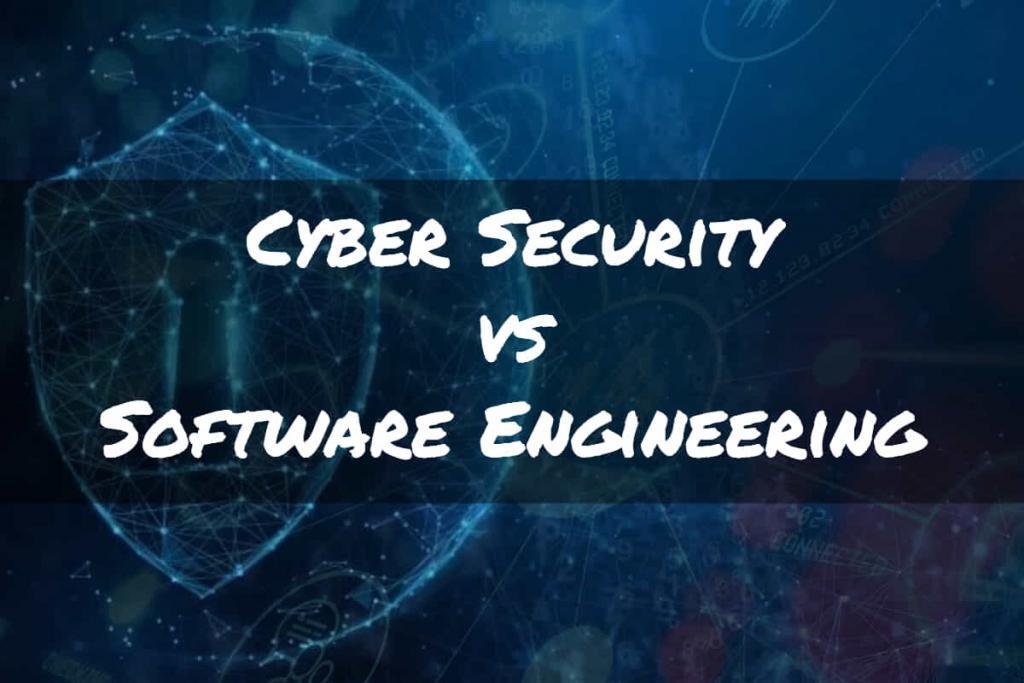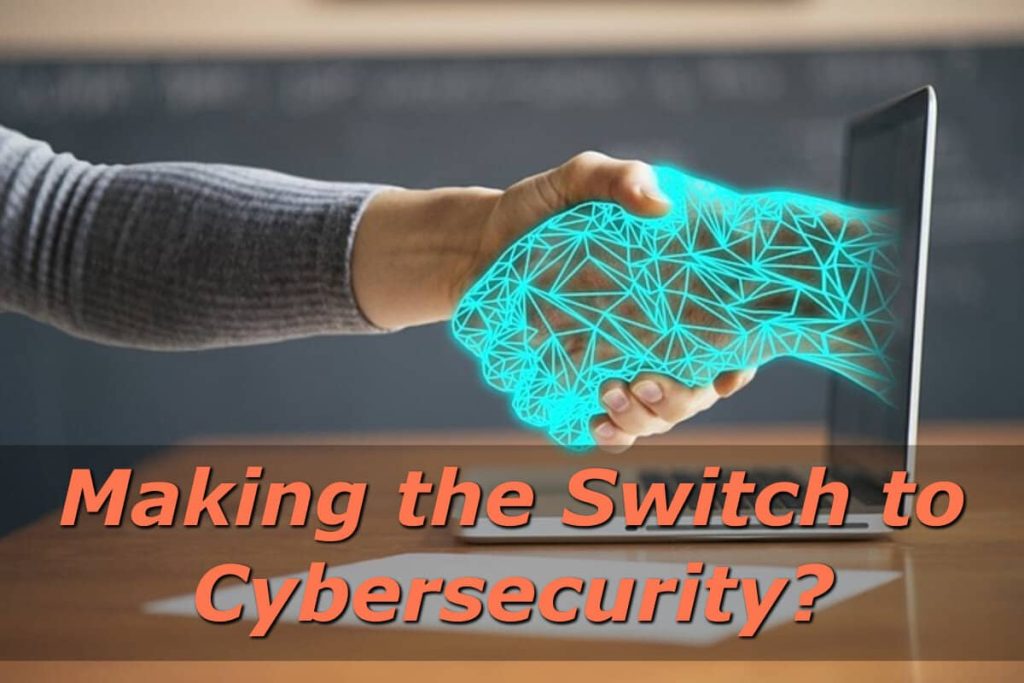Cyber security, is a domain where specialized skills and knowledge are highly sought after. And if you’re reading this, you’re already considering enhancing your credentials by pursuing a cyber security PhD.
However, this isn’t a decision to be taken lightly. This article is intended to provide a comprehensive overview of the considerations, commitments, and potential career paths associated with becoming a “Doctor” of cyber security.
Read on to gain insight into the nuanced aspects of this decision, from understanding the pre-requisites for admission to exploring potential job opportunities and evaluating the financial return of a cyber security PhD.
My Opinion
No, a PhD in cyber security isn’t worth it unless you’re aiming for a career in research, academics, industry regulation, or leadership (aka CISO). Why?
Honestly, a PhD in cyber is only designed for people with a distinct mindset. You’ve got to have a deep-rooted passion for cyber security with a drive to make meaningful contributions to the field.
You should NEVER do a PhD in cyber security for the money! But, if you have that passion and drive, the personal satisfaction from a PhD should outweigh all other considerations.
Let’s look at some of those considerations…
Most cyber security positions don’t require a PhD. Although getting a PhD makes you a specialist in your field, it also has the unfortunate side effect of over qualifying you for certain roles.
For instance, no one’s going to hire a PhD candidate for a cyber analyst role. On the other hand, it opens doors that a bachelor’s or master’s degree can’t.
For instance, are you dreaming of a career in academia? Or do you see yourself as a high-level cyber security researcher or policy maker?
If that’s the case, then you should absolutely pursue a PhD. But before jumping in, keep in mind that it also involves a significant commitment to research demanding a lot of your time and resources.
Many have regretted started a PhD that they either couldn’t finish or have invested so much time, they couldn’t quit. What’s worse? You’ll need to give up a full-time salary for about 4-7 years.
Trying to work, even part time, while you’re doing your PhD will be very challenging. Even though some programs offer stipends to help with your living expenses, it’s important to consider a crucial question.
Does the potential financial return align with your long-term goals?
For some people the answer is no. Think about it!
Why would you give up 4-7 years of experience and salary increases only to find that someone with a bachelor’s and a few years of experience is getting paid more? Remember that when you’re working in cyber security, it’s your skills and experience that counts, not your academic knowledge.
I’m not trying to dissuade you from pursuing a PhD of cyber security. But it’s a decision that needs careful thought and advice from industry professionals, career counselors, and your academic advisors.
In the end, the value of a PhD in cyber security isn’t an easy thing to determine. It’s heavily dependent on your career goals, your passion for the field, and your resources.
Can You Get a PhD in Cyber Security?
Yes, you can get a PhD in cyber security. But you’ve got to meet the institutions basic requirements and successfully manage the rigor of academic work.
Cyber security PhD programs typically require students to have a strong academic background in computer science, mathematics, software engineering, or cyber security. And many of the requirements to enter a PhD program are similar no matter which university you’re applying to. It’s usually a matter of submitting transcripts, GRE scores, letters of recommendation, admissions essay, and your resume.
Also, no one can give you the exact prerequisites for a PhD cyber security program because it varies by institution. But I can say, your admission is generally dependent on the program’s area of expertise and level of funding available.
PhD in Cyber Security vs Doctor of Cyber Security (DSc)?
Most of this article focuses on the Doctor of Philosophy (PhD) in Cyber Security. But before I dive too far into the subject, there are some alternative variations of cyber security doctoral degrees to consider.
The specifics can vary by institution, and some programs may blur the lines between these general categories:
As you can see, the naming convention isn’t what you’d expect; however both give you the title of “Doctor”. I know that if you live abroad, the Doctor of Science designation is often held in higher regard than a PhD.
Do your research, but I will say that if you live in the US, you’re probably better off getting your “PhD in Cyber Security” as it’s more widely understood. That may change in the next decade, but for now it’s probably the safer way to go.
Why Should You Get a PhD in Cyber Security?
When you get a bachelor’s or master’s degree, you’re preparing for a career in cyber security, but this isn’t true when becoming a doctor of cyber security. That’s because earning a PhD is mostly about research.
Your dissertation offers you the opportunity to conduct original research on the forefront of new security technologies. That may even continue after your graduate. Imagine diving deep into a specialized field like quantum cryptography, artificial intelligence in cybersecurity, or blockchain security.
That’s what a PhD in cyber security offers you!
How Long Does a PhD in Cyber Security Take?
A PhD isn’t just about getting a degree; it’s about becoming an expert in your field. And it’s a commitment that usually takes between 4-7 years.
You’d typically begin your PhD by attending classes, completing projects, and passing exams for advanced cyber security coursework. It might take you about two to three years to finish this part, especially if you’re studying full time.
If you’re going part-time, you’re looking at an even longer period. Then comes the comprehensive exams or qualifiers, which are usually taken after your coursework is complete.
These are tough exams that test your knowledge in the field. Here, you’ll need to dedicate several months to prepare for them.
After passing these comprehensive exams, you’ll then move on to your own research and dissertation under the guidance of a faculty advisor. The time you’ll spend here varies significantly.
If you’re dedicated enough, you might finish in a couple of years, others may take longer. It really depends on your research topic, your advisor, your personal commitment, along with a bit of luck.
Don’t forget, you’ll also be expected to teach classes, present at conferences, publish papers, and contribute to the academic community. All these activities take time too.
How Much Does a PhD in Cyber Security Cost?
A PhD in cyber security ideally costs $0! That’s right, most PhD students pay almost nothing in tuition because that’s usually covered by the research grant.
FYI…NEVER enter a PhD program that isn’t fully funded unless you expect to pay out of your own pocket! When applying to a cyber security PhD program, you should really be asking several questions:
You really should do you research regarding the total out of pocket costs associated with your PhD program.
What if you do end up paying tuition out of pocket?
If you take into account both public and private institutions, the average annual cost of a PhD is about $19,749. Of course, the costs do vary depending on where you study.
I would suggest you go for a public institution where the average annual cost is just over $12,394, compared to almost $26,621 if you go private. By pursuing a PhD of cyber security at a public institution, you’d save approximately $57,000 over four years.
If you can have your employer cover the costs, then that’s great! However, if you need help, there are scholarships and grants designed to help you with those costs.
What’s even better is if you have the time to work to gain real-world experience. You should take the time to apply for internships, fellowships, or assistantships.
Whatever you decide, try to find an option that provides you with invaluable experience while providing you enough money to cover your living expenses. Here’s an article that talks all about how to get a cyber security internship!
What Jobs Can You Do with a PhD in Cyber Security?
With a PhD in cyber security, you’ve got a world of opportunities waiting for you. Let’s explore a few of them:
Have you ever dreamed of becoming a university professor?
As a professor, you get to teach the next generation of cyber security professionals. You also might get the opportunity to mentor and potentially collaborate with your students on research. Of course, you also get to contribute to advancements in cyber security by starting or continuing your own research.
Are you looking to influence the industry?
Your research may lead to new understandings or techniques that everyone else adopts. This gives you the credibility and expertise that can influence the direction of the field. You might even find yourself speaking at conferences, writing books or articles, or consulting on important projects. This becomes your chance to shape best practices, standards, or policies in the industry. For instance, you can influence how organizations respond to cyber threats, how new technology incorporates security, or how government crafts cyber security regulations.
Do you have any business ideas?
With a PhD, you’d have the knowledge and credibility to develop your own line of innovative products. Or if you enjoy the variety of helping solve different problems, you might enjoy a career as a cyber security consultant. In this role, you’d be advising companies on how to improve their security strategies.
Are you well-published in the cyber security field?
And if you’re lucky enough to be well-published, you become a hot commodity for roles in research institutions, innovative tech companies, or government agencies. Many of these institutions are always on the lookout for research scientists. You could be on the cutting edge of new cyber security research coming up with innovative ways to tackle cyber threats and make real contributions to the field.
How about a leadership role?
As a CISO, you’d be the top executive responsible for an organization’s information and data security. Your PhD would be invaluable in helping you develop and implement high-level security strategies. Your deep understanding of cyber security could also be put to good use in shaping public policy. Government agencies and think tanks often need experts to advise on the societal impact of technology and cyber security. In turn, they’d need your help to craft appropriate policies and regulations.
What Are the Highest Paying Jobs for Cyber Security PhD Holders?
When pursuing a PhD in cyber security, your post-doctoral salary is going to be something to take into consideration. Naturally, if you’re pursuing a PhD in cyber security and interested in working in the industry, you’re probably aiming for a career as a cyber security policy maker (aka CISO).
To get a fair comparison of the highest paid cyber security positions, let’s look at three websites showing the average CISO salary and the typical salary ranges:
Salary.com: $236,333 and ranges between $210,373 and $267,533.
PayScale: $173,130 and ranges between $110,000 and $233,000.
ZipRecruiter: $194,648 and ranges between $163,000, and $250,000.
Between the three, the average CISO salary is about $201,370. Of course, your salary depends entirely on the responsibilities you take on, the company you work for, and the wage they advertise.
Skip Over Anything?
Can You Get a PhD in Cyber Security?
PhD in Cyber Security vs Doctorate in Cyber Security (DSc)?
Why Should You Get a PhD in Cyber Security?
How Long Does a PhD in Cyber Security Take?
How Much Does a PhD in Cyber Security Cost?
What Jobs Can You Do with a PhD in Cyber Security?
What Are the Highest Paying Jobs for Cyber Security PhD Holders?
Interested in More…
Is a Cyber Security Degree Worth It?
Ways to Work in Cyber Security Without a Degree!



